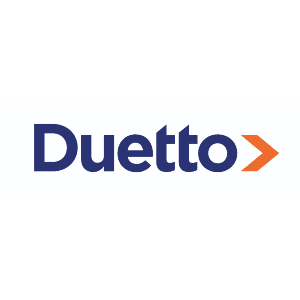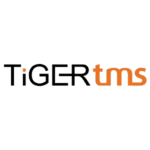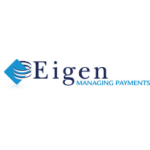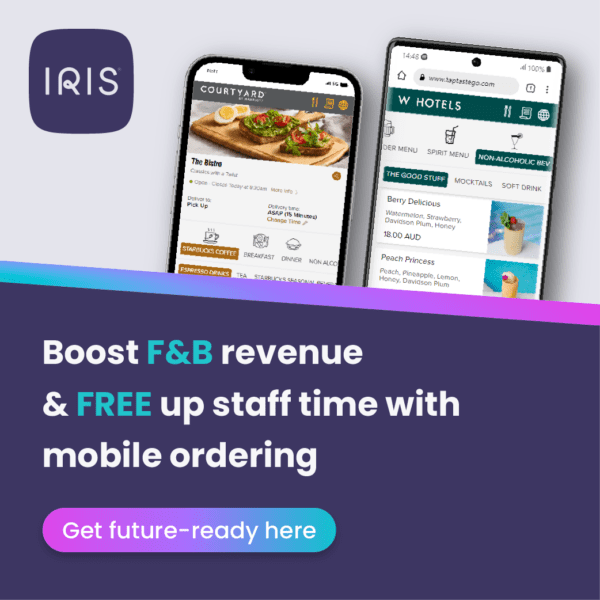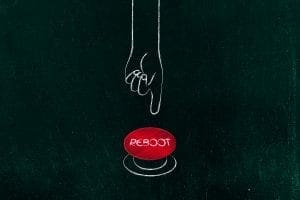 In the midst of extraordinary change and transition, hoteliers have an opportunity this year to reset the way they approach business. By better understanding their guests and market conditions through advanced business intelligence tools, hotel groups can set themselves up for increased profitability and commercial growth. Finally, and with urgency, the time has come to reboot the way hospitality collects, visualizes, and uses data—from single properties to entire estates.
In the midst of extraordinary change and transition, hoteliers have an opportunity this year to reset the way they approach business. By better understanding their guests and market conditions through advanced business intelligence tools, hotel groups can set themselves up for increased profitability and commercial growth. Finally, and with urgency, the time has come to reboot the way hospitality collects, visualizes, and uses data—from single properties to entire estates.
Hoteliers are gradually bringing their properties back online in a competitive marketplace that operates using different rules from those they are used to. Right now, accurate short-term forecasts and quick shifts in revenue strategy are a necessity for survival.
Expecting the unexpected is becoming a part of everyday life, yet roughly 80 percent of hotels worldwide still do not have a dedicated revenue management system in place. As a result, operators are still spending too much time managing room revenue in search of the perfect rate for every moment, while third parties secure new footholds in the travel marketplace.
This would be an ideal time to experiment with new ways of generating revenue, but due to reduced staff sizes and an all-encompassing focus on room rates, operators are missing out on opportunities to diversify income-generation alternatives. In order to reboot your hotel’s business intelligence, operators must look beyond the usual metrics associated with room rates. Two main challenges stand in the way.
Unlocking the data vault
The era of social distancing promises a potential boon for improving communication between hotels and guests. Today, hotel guests are able to use sophisticated messaging platforms to stay in contact with their property of choice before, during, and after their stay, creating more opportunities for open, honest dialogue between travelers and operators. That said, hotels still struggle to reach a similar equilibrium behind the scenes.
Many internal departments remain isolated operationally, locking key revenue data behind organizational barriers. Though many of these barriers exist as little more than formalities, the data they hold is of great value. If a hotel is able to unite its sales, marketing, distribution, guestroom, events, retail and F&B metrics under one roof, it would remove many of the existing speed bumps to generating accurate, impactful revenue forecasts.
Rather than pulling individual reports and correlating the data over a period of several days, a unified system would give revenue managers and leaders the freedom to better manage data they have, improving forecasting and better influencing hotel strategy to drive better revenue.
Time is of the essence. With a full, detailed picture of each of your property’s performance, commercial teams will be able to forecast and reforecast their expectations monthly or even weekly, allowing operations to adjust their strategies and tactics to effectively match the market they are working within. Once revenue managers are able to get their arms around each property’s complete data footprint, it is possible for them to efficiently revenue manage entire groups of hotels with a higher degree of clarity and control than even single properties without these capabilities.
The technology exists to enable agile forecasting, and can help bring stability to some of the more volatile areas of hotel operations, such as F&B or events. Once hotels commit to dissolving the historical internal barriers separating different business segments, it becomes more important for revenue managers to think about how to analyze this information and present it to leadership in a cohesive, actionable manner.
Telling the story
Hospitality is grappling with reduced operating budgets, smaller staff sizes, and a pressing need to generate revenue as quickly as possible. As a result, operators have limited time to digest data, and it falls on revenue managers to find ways to divulge their findings in a manner that is easily understood.
Revenue managers are constantly striving to stay current on a property’s historical performance, booking pace, future demand, market segmentation and more—and this is just for room rates! There is a lot here to keep track of. If a hotel is going to experiment with new ways of generating revenue, revenue managers and leaders are going to need to become better data storytellers.
Of your hotel’s primary guests, who is responding right now? When did they take notice of your property? What ancillary services did they buy? Revenue managers are used to finding answers to these and other questions, but as greater volumes of data are made available to them and the complexity at which it can be examined compounds, it will become necessary to simplify the message and present it in an easy to understand way. Without these extra considerations, hotel leadership risks missing elemental observations that could restrict their ability to react to changes in the market.
Data is a tool just like any other, and it has the potential to overwhelm decision-making if its management is left unchecked. Revenue managers must be careful to ask the right questions and present their findings in a manner that is concise, cohesive, and useful. By stifling the noise that comes with large datasets, hotels have the opportunity to benefit from emerging trends, not just react to them.
Riding the wave
The culture of travel and hospitality is continuing to shift, and business has no choice but to follow suit. Many hotels are still operating using outdated legacy systems that constrict their potential, but even legacy technology can still be effective if it is allowed to be used to its full capabilities. Adherence to traditional organizational structures and long-standing data silos have held operations back from innovation as much as outdated technology. Improving your organization from within to better share information across departments necessitates a new way of thinking about hospitality, and its relationship with technology.
As the vaccine rolls out across the U.S., and indeed the world, many have hopes for a return to traditional travel by the second half of 2021. However, there is no such thing as “business as usual” any longer. Travelers are rebooting their expectations—it’s on hotels to reboot their operations. Staff sizes are small. Roles are being reimagined. It’s time to find creative solutions to the challenges facing the industry.
When the going gets tough, all eyes fall on revenue managers and leaders to find new ways to remain competitive and become the trusted custodians for their hotels and commercial organizations. To deliver, hotels require a new, modern framework of business intelligence for data collection and delivery.
About the author
 Mike Chuma is VP of Marketing, Enablement & Engagement at IDeaS.
Mike Chuma is VP of Marketing, Enablement & Engagement at IDeaS.





